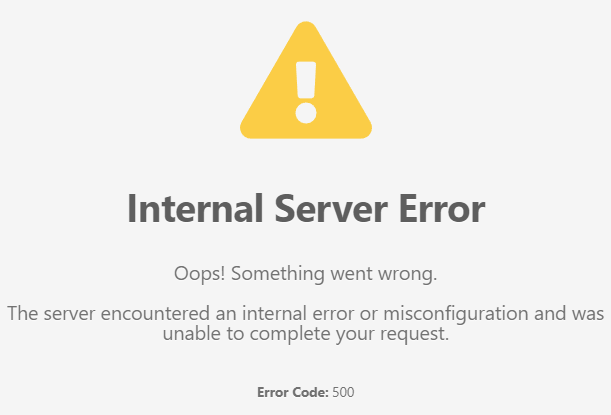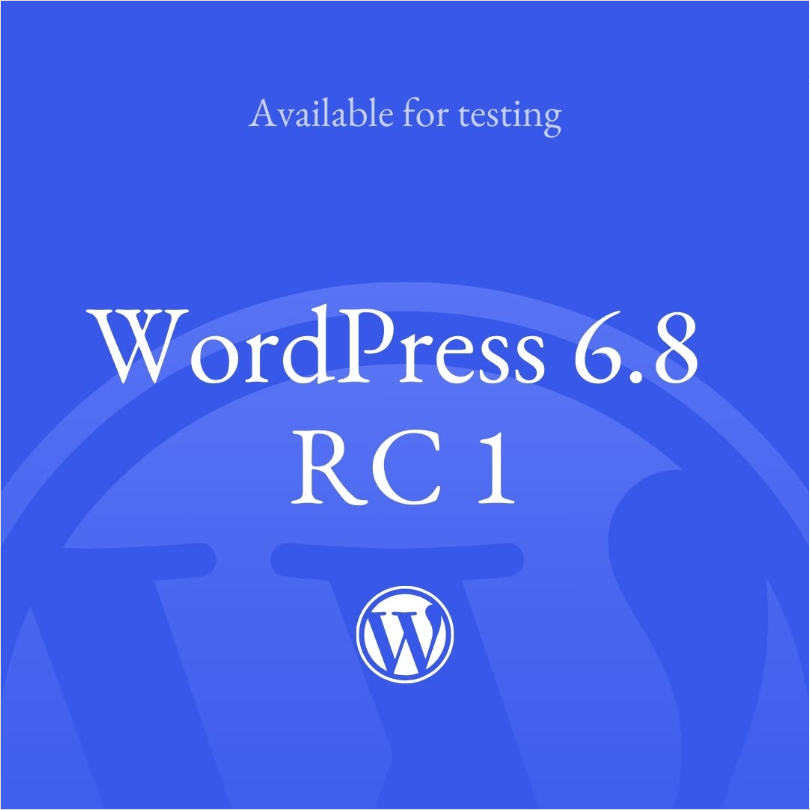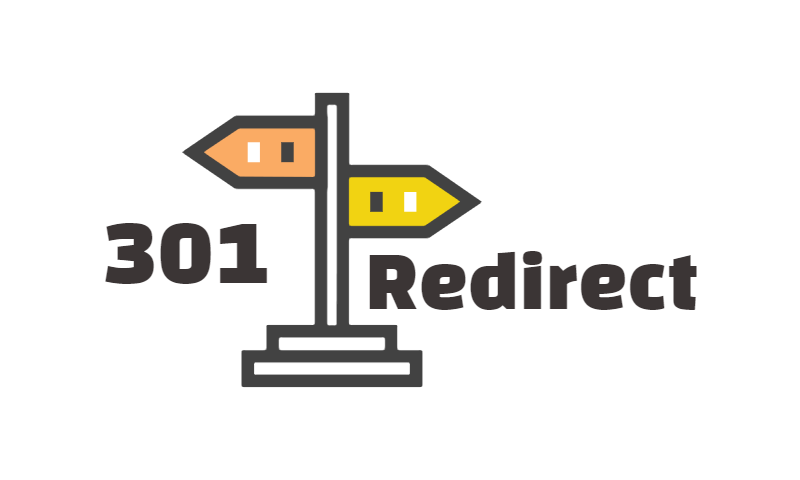In today's e-commerce environment, more and more people are choosing to build their ownonline store.. For personal e-commerce websites, WordPress and Shopify are two common choices. So, which platform is better for you? Today, we'll chat about the pros and cons of both to help you make an informed decision.
![Image[1]-WordPress vs Shopify: how to choose a personal e-commerce site](http://gqxi.cn/wp-content/uploads/2025/06/20250626171203864-image.png)
WordPress and Shopify: A Basic Understanding
First, we need to understand the basic features of both platforms:
- WordPress: This is an open source content management system (CMS) that can extend its functionality through plugins, especially through the WooCommerce plugin, which allows you to transform WordPress into a powerful e-commerce platform. It is suitable for those who have more customized needs for website design, functionality and management.
- Shopify: Unlike WordPress, Shopify is a cloud platform designed specifically for e-commerce, offering comprehensive e-commerce functionality for those who want to set up an online store quickly and easily.Shopify takes care of all the technicalities so you can focus on sales and operations.
1. Ease of Use Comparison
- WordPress: While WordPress itself is not a specialized e-commerce platform, it is very flexible. ByInstall WooCommerceplugin, WordPress can be easily transformed into an e-commerce website. However, WordPress has a slightly steeper learning curve, especially for those without a technical background, and requires more time to set up andCustomized websiteThe
![Image [2]-WordPress vs. Shopify: How to choose a personal e-commerce site](http://gqxi.cn/wp-content/uploads/2025/06/20250626190420637-image.png)
- Shopify: If you pursue aSimple and fastsetup process, then theShopifyUndoubtedly a better choice. It has an intuitive and easy-to-understand interface, offers many templates and drag-and-drop design features, and requires almost no technical knowledge. Simply choose a template, add products, set up payment methods, and create an online store with ease.
2. Customization and design flexibility
- WordPress: A big advantage is thatWordPress is highly customizable. You have the freedom to choose themes, plugins, and even write your own code to modify the functionality of your website. If you have development skills, WordPress can give you even more freedom to realize thePersonalized designThe
- Shopify: While Shopify offers a variety of aesthetically pleasing templates to choose from, its design and functionality customizationNot as flexible as WordPress. You have the option to change the layout or colors of some of the templates, but for more in-depth customization, you may need some development experience or pay extra.
3. cost comparison
- WordPress::WordPressIt's free itself, but to use WooCommerce for e-commerce feature extensions, you may need to pay for plugins. In addition, the overall cost will increase slightly, considering that you may need to buy paid themes, pay for hosting and other extensions. If you have development skills, you can take care of most of the technical maintenance yourself, which will save you some money.
- Shopify: Shopify's fees are more transparent, offering several pricing plans, with the base plan ranging from a monthly$29.From there, it covers all the e-commerce features and hosting services. While Shopify handles things like hosting and security automatically, you'll need to pay for these conveniences. And, Shopify's transaction fees and some plugin features may also add to the overall cost.
![Image [3]-WordPress vs Shopify: how to choose a personal e-commerce site](http://gqxi.cn/wp-content/uploads/2025/06/20250626172726394-image.png)
4. Features and Plug-ins
- WordPress::WordPress PluginsThe library is huge, with thousands of plugins to choose from, not just e-commerce plugins, but a variety of other plugins such as SEO, social sharing, payment gateways and more. For people with special needs, WordPress plugin extensibility is very powerful.
- Shopify: Shopify also has its own app store that offers a variety of e-commerce related plugins and features, such as inventory management, payment methods, and marketing tools. However, compared to WordPress, Shopify has a relatively small selection of plugins and some premium features may require additional payment for purchase.
![Picture [4]-WordPress vs Shopify: How to choose a personal e-commerce website](http://gqxi.cn/wp-content/uploads/2025/06/20250626190547123-image.png)
5. Security and Technical Support
- WordPress: Since WordPress is open source, you need to manage the security of your site yourself, updating plugins and themes regularly to ensure there are no security holes. This can be a challenge if you don't have adequate technical support. Fortunately, the WordPress community is huge and you can find tons of online resources and support.
- Shopify: As a hosting platform, Shopify will provide you with a full range of security, including SSL certificates and 24/7 technical support.Shopify's customer service is excellent, and you can contact them at any time to resolve issues. This is a great advantage for those who are not tech savvy.
6. SEO Optimization Capabilities
- WordPress: WordPress has very powerfulSEO optimizationFunction. By installing plug-ins such asYoast SEO, you can easily optimize your website's metadata, keywords, page structure, and more. In addition, the flexibility of WordPress allows you to tweak SEO settings more finely to improve your website's search rankings.
![Image [5]-WordPress vs Shopify: how to choose a personal e-commerce site](http://gqxi.cn/wp-content/uploads/2025/06/20250626172647874-image.png)
- Shopify: Shopify also offers basic SEO features that allow you to edit page titles, meta descriptions, URL structures, etc. However, due to Shopify's template and feature limitations, certain SEO details may not be able to be fine-tuned like WordPress.
7. Expansion and growth potential
- WordPress: If you plan to expand the functionality of your website in the future, WordPress provides almostInfinite Possibilities. Whether it's adding multi-language support, creating forums, or developing a membership system, WordPress can easily be adapted to your needs. For large-scale websites, WordPress also provides stable support.
- Shopify: Shopify also supports extensions, but its range of features is more focused on the e-commerce itself. If you just want to build an e-commerce site, Shopify offers all the features you need. But if you plan to expand into other areas in the future, you may find thatShopify has limited scalabilityThe
![Image [6] - WordPress vs. Shopify: How to choose a personal e-commerce website](http://gqxi.cn/wp-content/uploads/2025/06/20250626172506367-image.png)
summarize
Therefore, which platform you choose depends on your needs. If you want a highly personalized, long-term scalable e-commerce site that isWordPressIt may be the better choice. If you're looking for a quick start and focus on sales, theShopifyOn the other hand, it is a very convenient option.
Link to this article:http://gqxi.cn/en/63561The article is copyrighted and must be reproduced with attribution.

























![Emoji[jingya]-Photonflux.com | Professional WordPress repair service, worldwide, rapid response](http://gqxi.cn/wp-content/themes/zibll/img/smilies/jingya.gif)






No comments